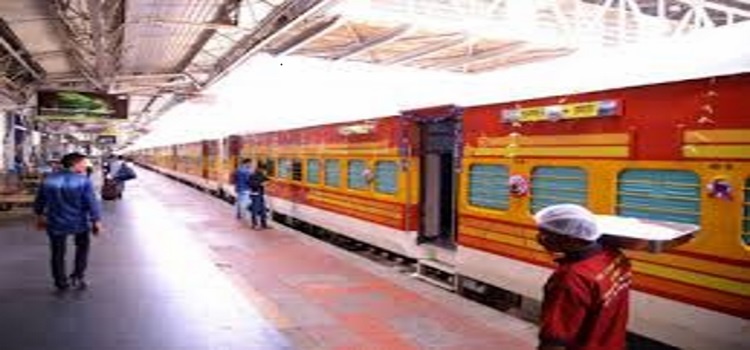
With 70% of coaches fitted with bio-toilets, the South Western Railway (SWR) is set to eliminate toilets with open discharge system in its passenger trains.
SWR operates around 400 trains of which bio-toilets have been introduced in some coaches of 300 trains. As many as 7,715 bio-toilets have been installed till April this year. “We’ll install the remaining in a few months. These will improve cleanliness on tracks and at railway stations,” said an official. Each coachhas an average of four bio-toilets.Asked about the response from passengers, the official said: “It’s satisfactory.”
The section between Londa in Belagavi to Vasco da Gama in Goa has been declared a green corridor —free from human waste discharge from trains. Nine long-distance trains operate between Londa and Vasco da Gama which have bio-toilets. “The open discharge system is unhygienic and also corrodes tracks. The railway ministry has advanced its plan to fit bio-toilets in its entire fleet of coaches from 2021-2022 to 2018,” another official said.
On several complaints from passengers about poor maintenance of bio-toilets, officials claim they often dispose plastic water bottles and polythene bags that clog the toilets.
A Comptroller and Auditor General (CAG) report released last year shows the highest number of choking cases was reported in SWR division. Of the1.02 lakh cases reported across the country in 2016-17, 34,841 were in toilets maintained by the Bengaluru coaching depot (BCD).The number of defects/problems in bio-toilets was also the highest (41,111) in BCD, followed by 24,495 and 22,521in Gorakhpur (NER) and Wadi Bunder (CR) coaching depots, respectively.
“The choking problem was mainly due to misuse by passengers. Stainless steel dustbins in bio-toilets are prone to theft.Efforts are on to fit anti pilferage devices to minimize such cases. We are also conducting awareness campaigns among passengers,” an official said.
How does it work?
